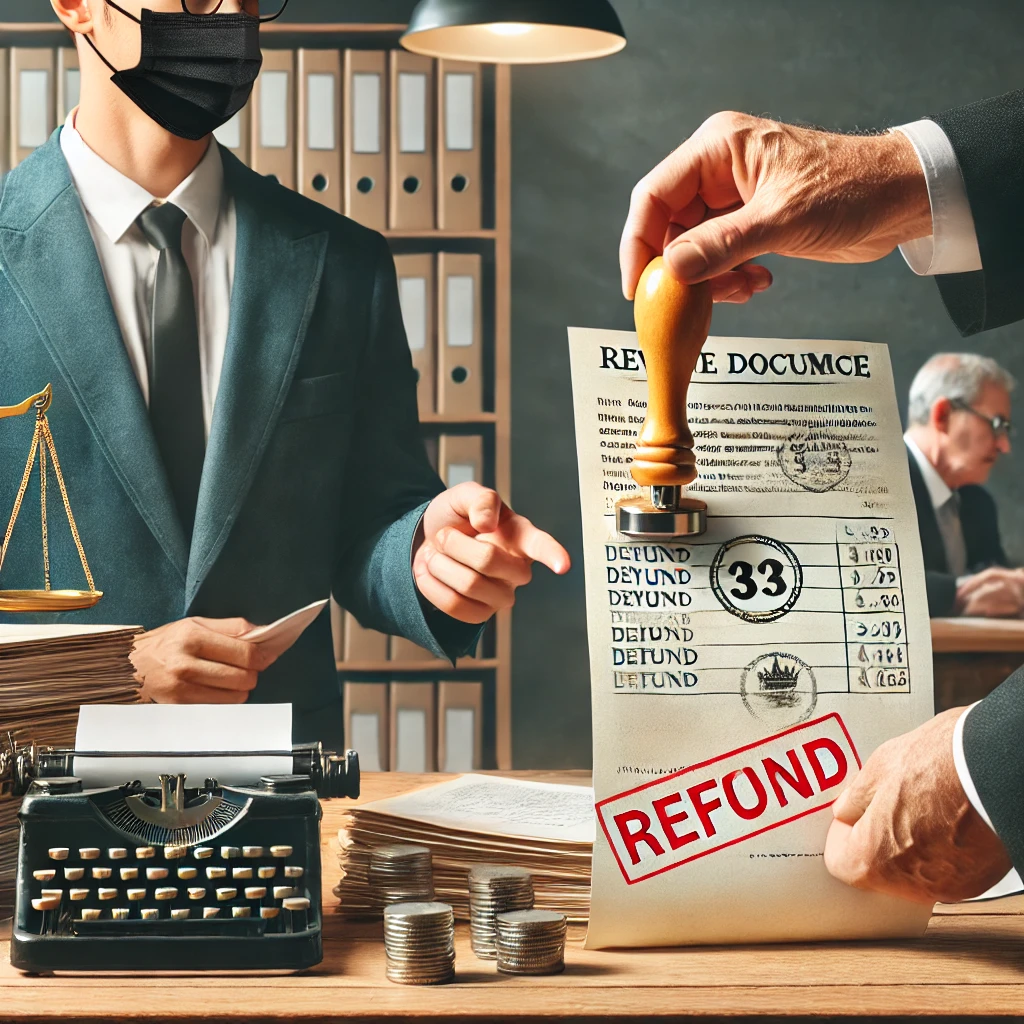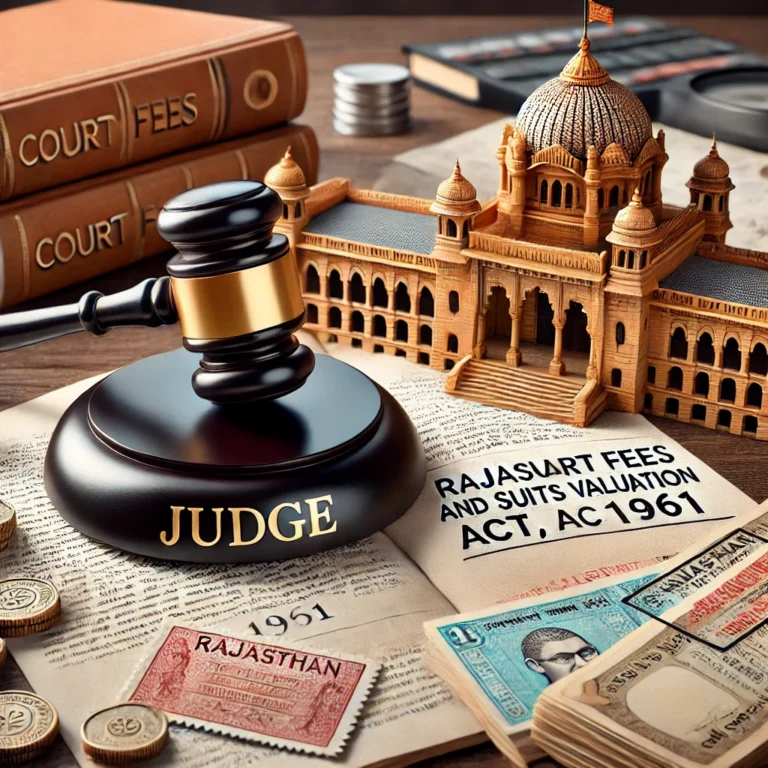
Cancellation of Stamps and Deduction on Refunds (Section 68 & 69)
Cancellation of Stamps (Section 68)
Under the Rajasthan Court Fees and Suits Valuation Act, 1961, any document that is to be stamped has to have its stamp canceled prior to being utilized in court or any official office. This is to prevent the reuse or misuse of the stamp. The cancellation is performed by an officer appointed by the court or the head of the office. The stamp is canceled by punching out a portion of it, and the amount remains visible. The punched-out portion is subsequently destroyed by burning or other methods.
Suppose a person files a legal document bearing a ₹100 stamp in court. The authorized officer will punch the stamp immediately, rendering it unusable for future purposes. The document will not be accepted in court if the stamp is not canceled.
For More Updates & Regular Notes Join Our Whats App Group (https://chat.whatsapp.com/DkucckgAEJbCtXwXr2yIt0) and Telegram Group ( https://t.me/legalmaestroeducators )
Deduction on Refunds (Section 69)
In certain instances, an individual can receive a refund for a court fee or spoiled or spoiled stamps. A refund can be made in two manners: by providing new stamps of the same value or returning money. In case an individual opts to be paid money, a minor deduction is done. The deduction is six naye paise per rupee or fraction thereof. But if the refund arises because a court order has been reversed on appeal, no deduction is to be made.
For More Updates & Regular Notes Join Our Whats App Group (https://chat.whatsapp.com/DkucckgAEJbCtXwXr2yIt0) and Telegram Group ( https://t.me/legalmaestroeducators ) contact@legalmaestros.com.
For instance, if a litigant pays ₹500 as a court fee but subsequently gets a refund order issued by the court, they will receive ₹497 after deducting three rupees (six naye paise per rupee). But if the refund is made because a higher court reverses the order, ₹500 will be refunded in full.
These regulations facilitate the proper utilization of court stamps and avoid loss of government finances while enabling reasonable refunds in meritorious cases.






